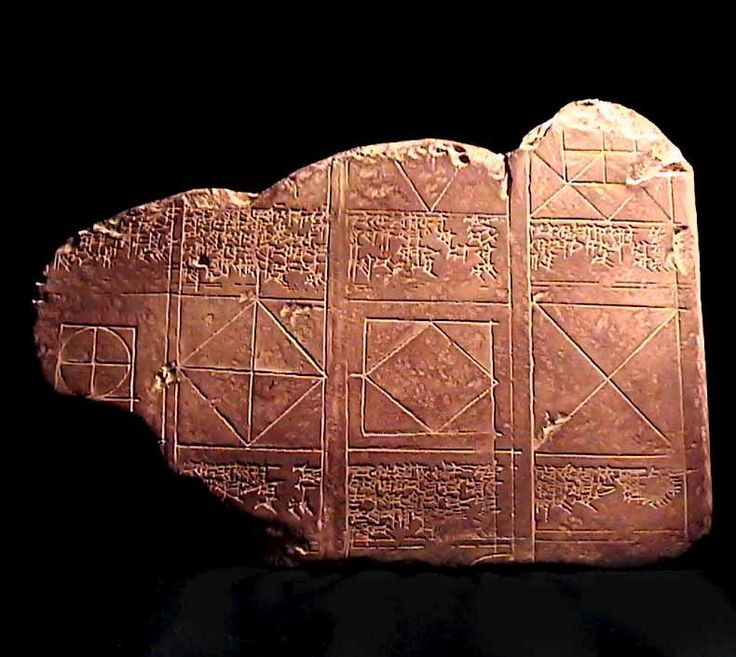Mathematics in Ancient Times
Mathematics has played a crucial role in human civilization since ancient times. From the Egyptians to the Greeks and beyond, various cultures have made significant contributions to the development of mathematical concepts and techniques that still form the foundation of modern mathematics.
One of the earliest known civilizations to develop sophisticated mathematical systems was ancient Egypt. The Egyptians used mathematics primarily for practical purposes such as measuring land boundaries, constructing buildings, and calculating taxes. They were adept at arithmetic, geometry, and fractions. The knowledge of mathematics was closely guarded by scribes who were responsible for recording numerical information on papyrus scrolls.
In Mesopotamia (modern-day Iraq), another ancient civilization thrived around 3000 BCE. The Babylonians developed an advanced number system based on sixty rather than ten like we use today (which is why we still have sixty seconds in a minute). They made significant advancements in algebraic equations and quadratic equations.
However, it was the ancient Greeks who took mathematics to new heights. Greek mathematicians like Pythagoras, Euclid, Archimedes, and Thales laid the groundwork for much of modern mathematics. Pythagoras is famous for his theorem relating to right-angled triangles (a^2 + b^2 = c^2), while Euclid’s “Elements” introduced rigorous proofs and axioms that influenced mathematical thinking for centuries.
Archimedes’ work on calculus-like methods helped determine areas under curves long before Newton or Leibniz formalized calculus as we know it today. Thales is often considered one of the first philosophers-mathematicians who sought abstract principles underlying physical phenomena.
During this time period, Indian mathematicians also made substantial contributions. In particular, Aryabhata’s treatise “Aryabhatiya” presented innovative ideas about trigonometry including sine functions and spherical geometry estimates close to π (Pi).
The Mayans from Central America had their own mathematical system. They developed a base-20 number system and used advanced calculations to create precise calendars, accurately predicting astronomical events such as eclipses.
In conclusion, the ancient civilizations of Egypt, Mesopotamia, Greece, India, and the Mayans all made significant contributions to the field of mathematics. Whether it was the Egyptians’ practical use of mathematics or the Greeks’ development of rigorous proofs and axioms, these early mathematicians laid the foundation for modern mathematical thinking. Their work continues to influence our understanding of numbers, shapes, and patterns today. Understanding their achievements helps us appreciate how far we’ve come in unraveling the mysteries of this universal language called mathematics.

Leave a comment